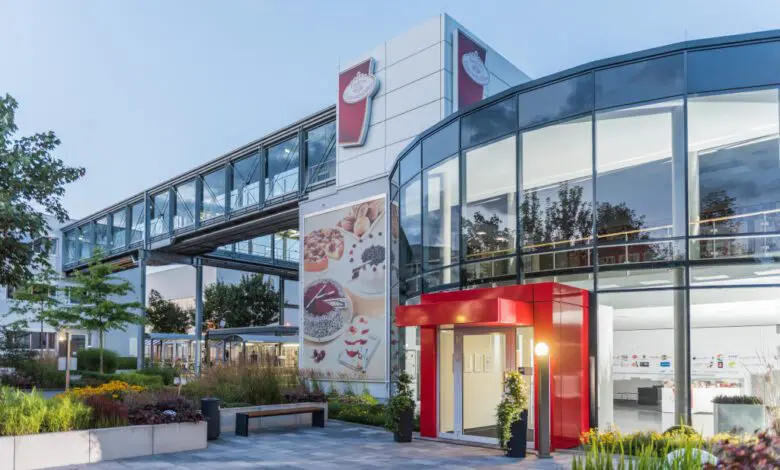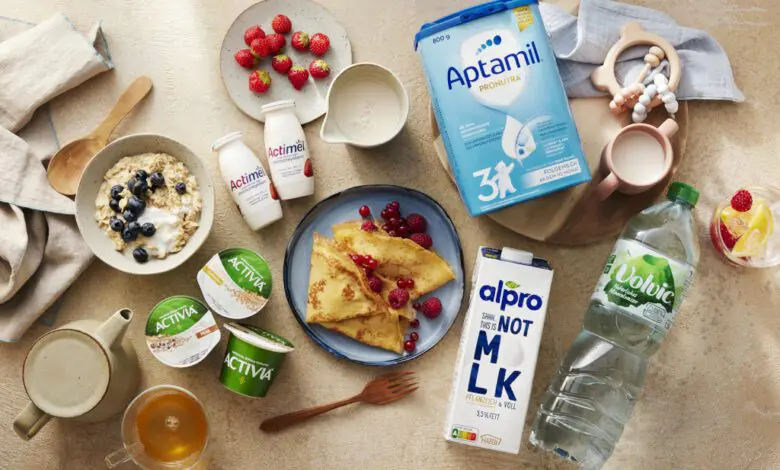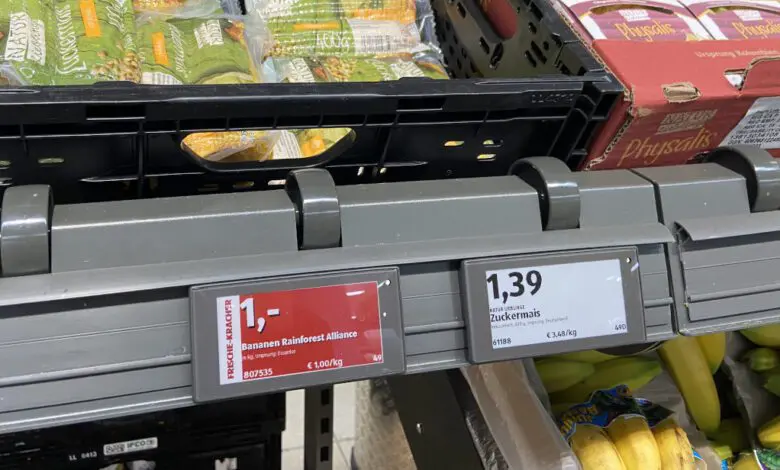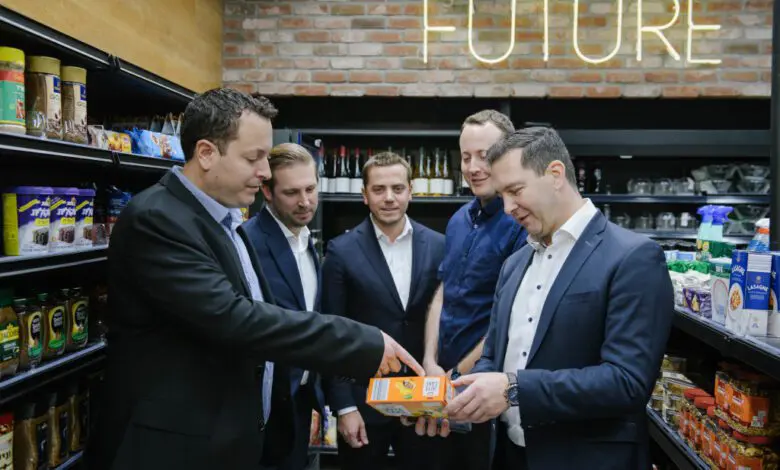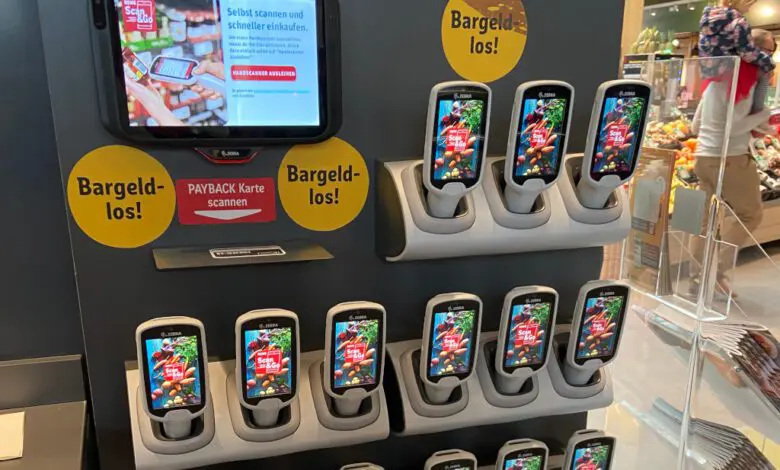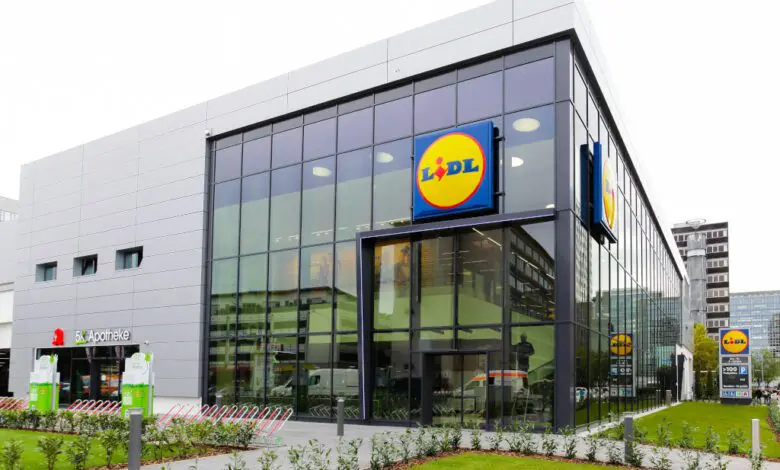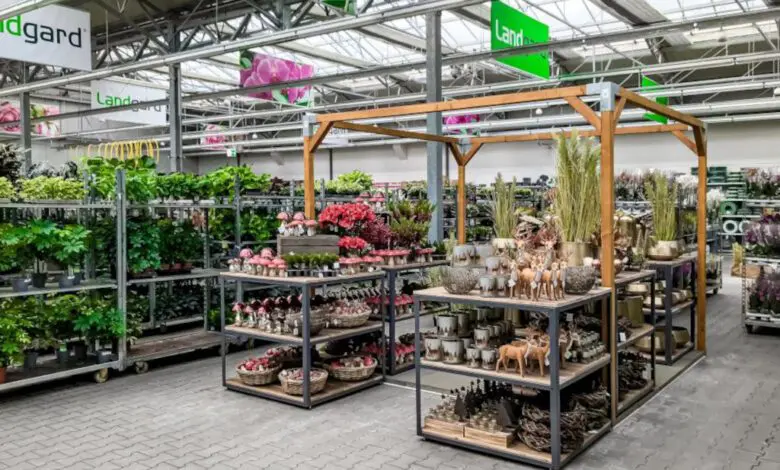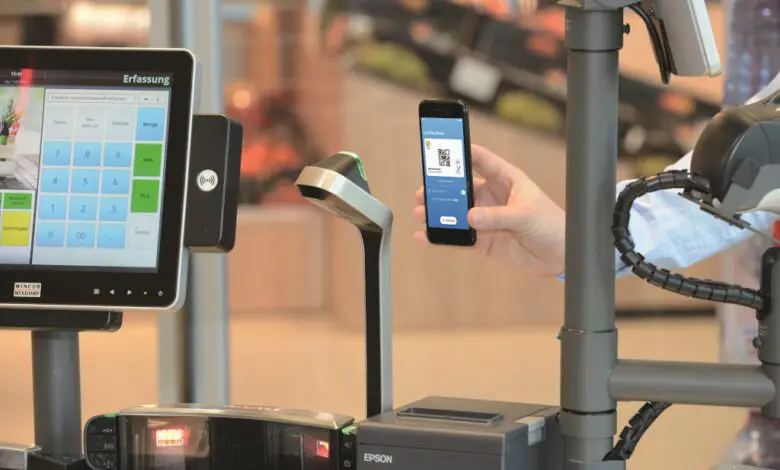Coppenrath & Wiese will move its GDSN data management to Bayard's Byrd platform at the turn of the year. The subsidiary of Oetker Group will provide retailers with uniform product content through the b-synced master data pool integrated in Byrd from the beginning of 2023. In the process, the manufacturer of frozen bakery products will provide retailers in both the…
Read more >>In April 2022, Danone operationally bundled four previously independent business units in Germany, Austria and Switzerland in a move to further boost efficiency in these markets. One important area in which the group was able to increase its efficiency very quickly through consolidation, was the consistent supply of retailers with product content from the different divisions. This was made possible…
Read more >>Aldi Süd has started to equip its stores in Germany with Electronic Shelf Labels (ESLs). Contrary to expectations, the discount market operator is not using labels specially developed for its requirements, but the standard slim labels of the Nebular series from Chinese manufacturer Hanshow.
Read more >>This week, Aldi Nord entered a partnership with Trigo to jointly develop its Vision Recognition-based store technology. The aim is to combine the technology used in Aldi Nord's first scanning-free store in Utrecht with other software to automate store processes such as the detection of out-of-stocks. The partnership was preceded by an investment by Aldi Nord in Trigo, the amount…
Read more >>Numerous German retail companies offer their customers self-scanning via smartphone app or proprietary hand-held scanners. However, a study by the EHI Retail Institute shows that the offer is rarely taken up. At an event of Self-Checkout Initiative at the EHI Technology Days in Bonn this week, retail representatives discussed the topic controversially. Drugstore operator dm plans to launch self-scanning in…
Read more >>BayWa and CAS AG are jointly offering their sustainability platforms to companies in the retail sector as a comprehensive solution package. The partnership combines BayWa's Combayn platform for regional environmental and compensation offers with CAS AG's Sustain:Data solution for transparent sustainability data in companies.
Read more >>Lidl is committed to use the forecasting and replenishment software from Relex Solutions in 14 countries. The goal is transparency and flexibility throughout the entire supply chain. The advantages are increased availability of goods as well as reduced inventories and fewer out-of-stocks.
Read more >>Landgard has created a user-friendly online information platform for its business partners in the plant and flower trade, which makes it much easier for them to work with the leading German producer cooperative for flowers and plants as well as fruit and vegetables. The consultants from Hamburg-based CAS AG are behind the technology used and the implementation of the project.
Read more >>Douglas is set to optimise its product content consistently across stores and e-commerce using Bayard's Byrd platform. This will enable Europe's leading platform for premium beauty & health to achieve its aim of making the quality management of its product content more efficient and completing listings faster
Read more >>It is the largest POS software project in Europe to date: Lidl has once again chosen GK and will roll-out the Cloud4Retail platform of the Schöneck specialists in all 30 countries over the next few years. The largest banner operation of the European retail sector is thus enabling to operate the checkouts in the cloud and is simplifying the development…
Read more >>
